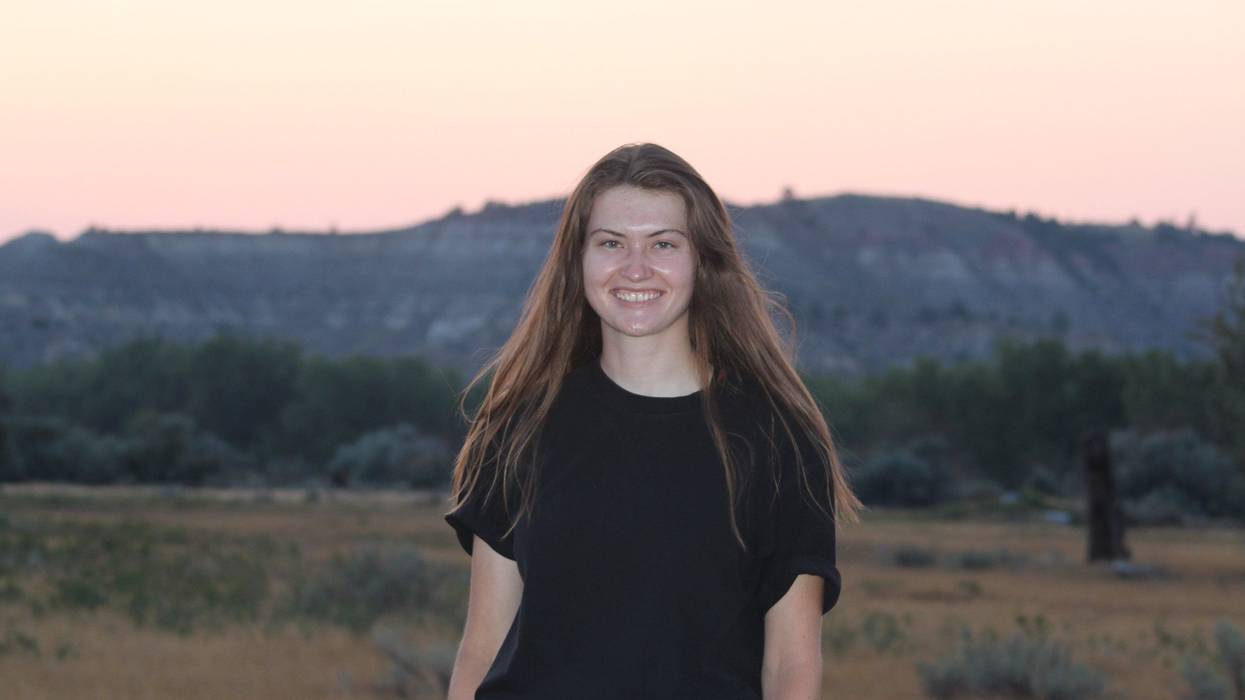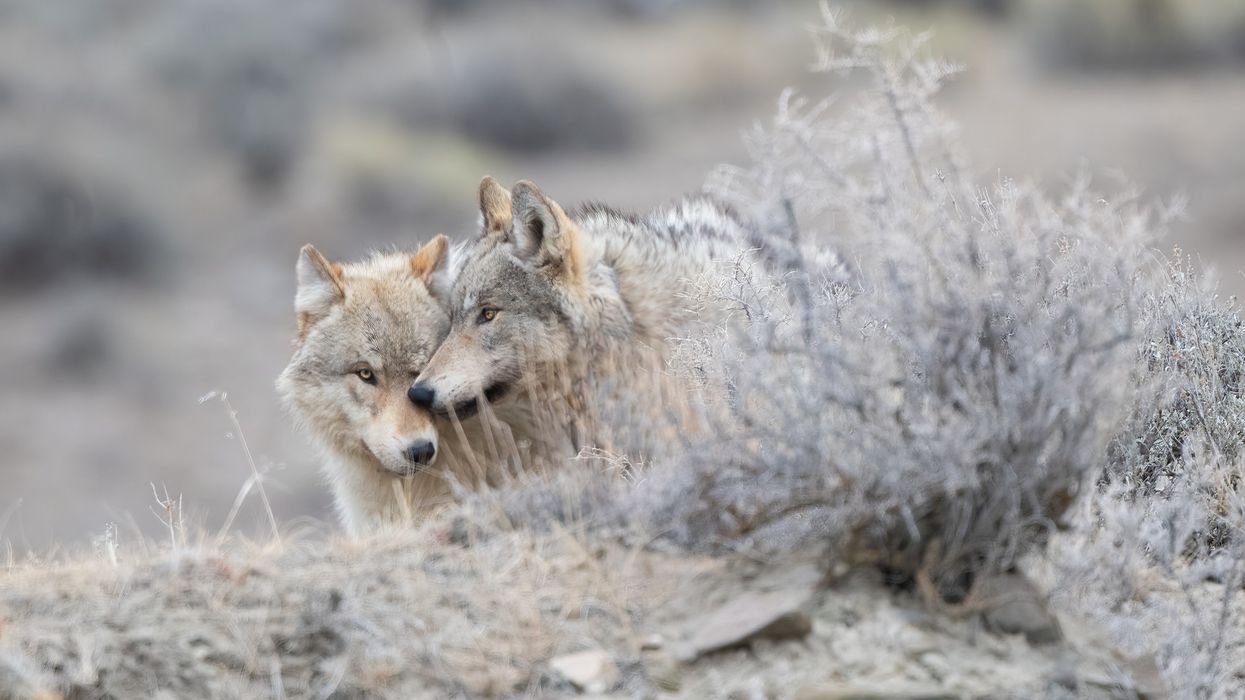As the judge detailed in his 105-page decision, the advocacy groups argued that the U.S. Fish and Wildlife Service (FWS) failed to consider a "significant portion" of the gray wolf's range, the "best available science" on their populations and the impact of humans killing them, and the true threat to the species. He also wrote that "for the most part, the plaintiffs are correct."
Matthew Bishop, senior attorney at the Western Environmental Law Center (WELC), which represented one of the coalitions, said in a statement that "the Endangered Species Act requires the U.S. Fish and Wildlife Service to consider the best available science, and that requirement is what won the day for wolves in this case."
"Wolves have yet to recover across the West, and allowing a few states to undertake aggressive wolf-killing regimes is inconsistent with the law," Bishop continued. "We hope this decision will encourage the service to undertake a holistic approach to wolf recovery in the West."
Coalition members similarly welcomed Molloy's decision as "an important step toward finally ending the horrific and brutal war on wolves that the states of Idaho, Montana, and Wyoming have waged in recent years," in the words of George Nickas, executive director of Wilderness Watch.
Predator Defense executive director Brooks Fahy said that "today's ruling is an incredible victory for wolves. At a time where their numbers are being driven down to near extinction levels, this decision is a vital lifeline."
Patrick Kelly, Montana director for Western Watersheds Project, pointed out that "with Montana set to approve a 500 wolf kill quota at the end of August, this decision could not have come at a better time. Wolves may now have a real shot at meaningful recovery."
Sierra Club northern Rockies campaign strategist Nick Gevock said that "wolf recovery is dependent on responsible management by the states, and Idaho, Montana, and Wyoming have shown that they're grossly unsuited to manage the species."
Gevock's group is part of a coalition represented by the Center for Biological Diversity and Humane World for Animals, formerly called the Humane Society of the United States. Kitty Block, president and CEO of the latter, said Tuesday that "wolves are deeply intelligent, social animals who play an irreplaceable role in the ecosystems they call home."
"Today's ruling offers hope that we can restore protections to wolves in the northern Rockies, but only if the federal government fulfills its duty under the Endangered Species Act," Block stressed. "These animals deserve protection, not abandonment, as they fight to return to the landscapes they once roamed freely.
While "Judge Molloy's ruling means now the Fish and Wildlife Service must go back to the drawing board to determine whether federal management is needed to ensure wolves survive and play their vital role in the ecosystem," as Gevock put it, the agency may also appeal his decision.
The original rejection came under Biden, but the reconsideration will occur under President Donald Trump, whose first administration was hostile to the ESA in general and wolves in particular. The current administration and the Republican-controlled Congress have signaled in recent months that they intend to maintain that posture.
WELC highlighted Tuesday that Congresswoman Lauren Boebert (R-Colo.) "introduced H.R. 845 to strip ESA protections from gray wolves across the Lower 48. If passed, this bill would congressionally delist all gray wolves in the Lower 48 the same way wolves in the northern Rockies were congressionally delisted in 2011, handing management authority over to states."
Emphasizing what that would mean for the species, WELC added that "regulations in Montana, for example, allow hunters and trappers to kill several hundred wolves per year—with another 500-wolf quota proposed this year—with bait, traps, snares, night hunting, infrared and thermal imagery scopes, and artificial light."




